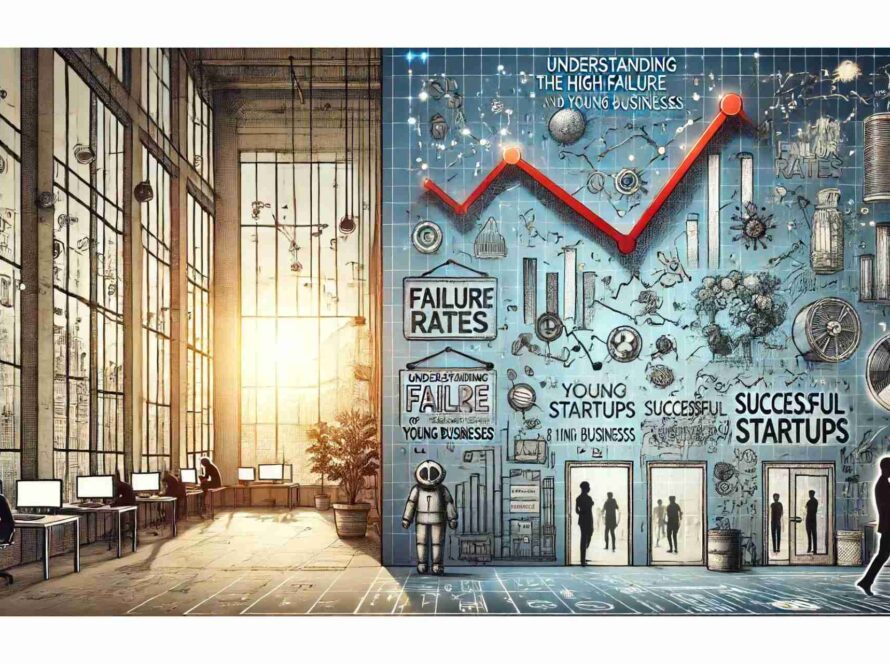Africa is rich in mineral resources, yet many of its countries struggle with poverty and underdevelopment. This paradox is rooted in a complex interplay of factors, including governance, economic policies, and global market dynamics. This article explores the wealth paradox in African countries, examining the challenges and potential solutions for transforming mineral wealth into sustainable prosperity.
Key Highlights
1. Resource Curse Phenomenon: Many African countries experience the resource curse, where abundant natural resources lead to economic instability, corruption, and poor governance.
2. Governance and Policy Reforms: Effective governance and robust economic policies are crucial for managing mineral wealth and fostering inclusive development.
3. Sustainable Development Models: Leveraging mineral wealth for sustainable development requires investment in education, infrastructure, and diversification of the economy.
From Mineral Deposits to Prosperity: Unraveling the Wealth Paradox in African Countries
Introduction
Africa is home to vast mineral wealth, including diamonds, gold, oil, and rare earth metals. Despite this abundance, many African countries face significant economic challenges. This paradox, often referred to as the “resource curse,” raises important questions about why mineral riches have not translated into widespread prosperity. Let’s delve into the factors contributing to this paradox and explore potential pathways to sustainable development.
The resource curse phenomenon
The resource curse describes a situation where countries with abundant natural resources tend to have less economic growth and worse development outcomes than countries with fewer natural resources. This phenomenon can be attributed to several factors:
– Economic Dependence: Over-reliance on resource exports can make economies vulnerable to global market fluctuations.
– Corruption: Wealth from resources can lead to corruption and rent-seeking behavior, diverting funds away from productive investments.
– Conflict: Resource-rich regions are often plagued by conflicts and civil wars, fueled by competition for control over valuable resources.
Governance and policy reforms
Effective governance is critical for harnessing mineral wealth for national development. Key governance and policy reforms include:
– Transparent Resource Management: Implementing transparent systems for resource extraction and revenue distribution can reduce corruption and ensure fair distribution of wealth.
– Strengthening Institutions: Robust institutions are needed to enforce laws, regulate industries, and manage public resources effectively.
– Inclusive Policies: Policies that promote inclusive economic growth and address inequality are essential for long-term prosperity.
Investing in human capital
One of the most effective ways to transform mineral wealth into sustainable development is by investing in human capital. This includes:
– Education: Providing quality education and vocational training can equip citizens with the skills needed to participate in diverse economic activities.
– Healthcare: Ensuring access to healthcare can improve productivity and quality of life, contributing to economic stability.
– Infrastructure: Investing in infrastructure such as roads, electricity, and water supply can support broader economic development.
Economic diversification
Diversifying the economy beyond resource extraction is crucial for stability and growth. Strategies for diversification include:
– Developing Agriculture: Investing in agriculture can provide food security and create employment opportunities.
– Promoting Manufacturing: Building a robust manufacturing sector can reduce dependence on resource exports and create value-added products.
– Supporting SMEs: Small and medium-sized enterprises (SMEs) can drive innovation and economic diversification, providing resilience against market shocks.
International cooperation and fair trade
Global market dynamics play a significant role in the wealth paradox. African countries need to engage in fair trade practices and seek international cooperation to ensure fair prices for their resources. Partnerships with international organizations and other countries can help in:
– Capacity Building: Providing technical assistance and knowledge transfer to improve resource management.
– Fair Trade Agreements: Negotiating trade agreements that ensure fair prices and market access for African resources.
– Debt Relief: Addressing debt burdens that constrain economic development and investing in sustainable growth.
Environmental and Social Responsibility
Sustainable development requires balancing economic growth with environmental and social responsibility. Key considerations include:
– Environmental Protection: Implementing stringent environmental regulations to protect ecosystems and prevent degradation.
– Community Engagement: Involving local communities in decision-making processes to ensure that resource extraction benefits them.
– Sustainable Practices: Promoting sustainable mining practices that minimize environmental impact and ensure long-term resource availability.
Conclusion
The wealth paradox in African countries highlights the complexities of transforming mineral riches into sustainable prosperity. Addressing this paradox requires a multifaceted approach, including governance reforms, investments in human capital, economic diversification, and international cooperation. By adopting these strategies, African countries can harness their mineral wealth to achieve inclusive and sustainable development.



FAQs
What is the resource curse, and how does it affect African countries?
The resource curse refers to the paradox where countries with abundant natural resources experience less economic growth and development. In African countries, this can lead to economic instability, corruption, and conflict.
How can African countries improve governance to manage their mineral wealth?
Improving governance involves implementing transparent resource management systems, strengthening institutions, and promoting inclusive policies to ensure fair distribution of wealth and reduce corruption.
Why is economic diversification important for resource-rich countries?
Economic diversification reduces dependence on resource exports, providing stability against market fluctuations and creating opportunities for growth in other sectors like agriculture and manufacturing.
What role does international cooperation play in addressing the wealth paradox?
International cooperation can help with capacity building, fair trade agreements, and debt relief, ensuring that African countries get fair prices for their resources and invest in sustainable development.
How can environmental and social responsibility be integrated into resource management?
Implementing environmental protection regulations, engaging local communities, and promoting sustainable mining practices are essential for balancing economic growth with environmental and social well-being.
Contact us today to try our free tools and a tailor made solutions for your business



